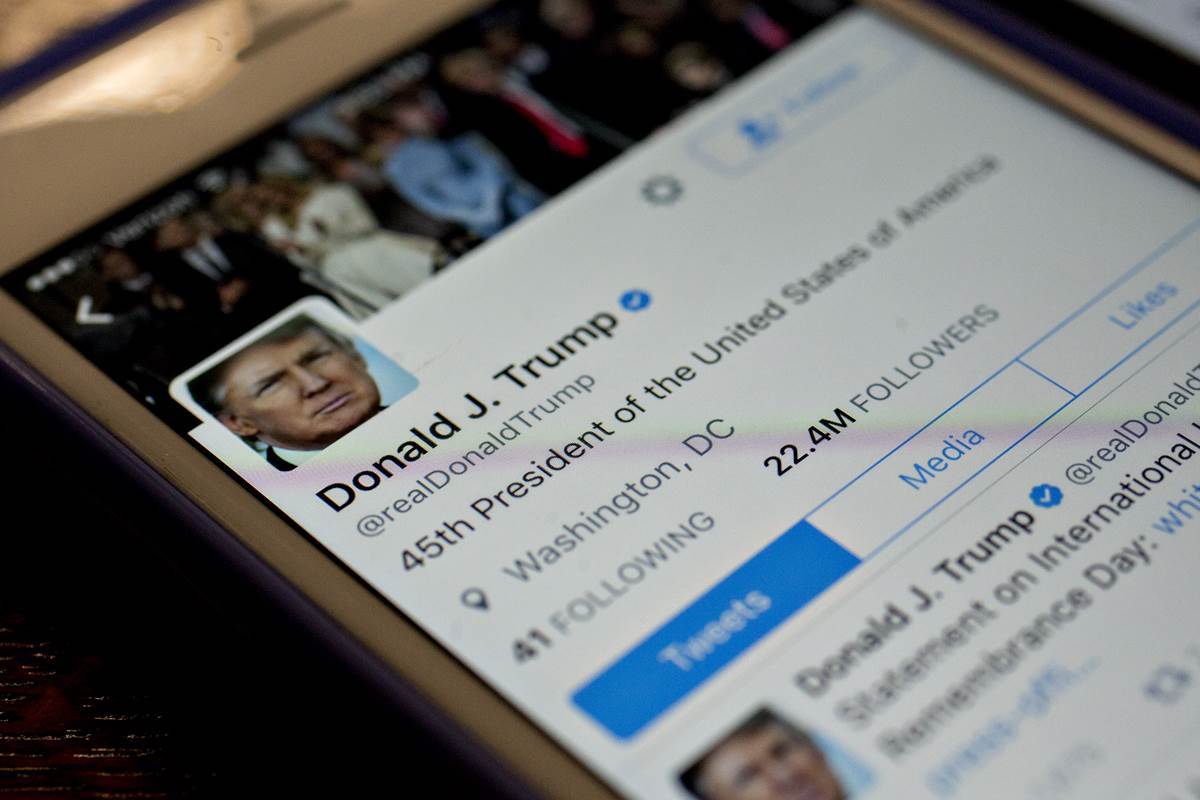
Twitter is considering whether to build a premium version of its popular Tweetdeck interface aimed at professionals, the company said on Thursday, raising the possibility that it could collect subscription fees from some users for the first time.
Like most other social media companies, Twitter since its founding 11 years ago has focused on building a huge user base for a free service supported by advertising. Last month it reported it had 319 million users worldwide.
But unlike the much-larger Facebook, Twitter has failed to attract enough in advertising revenue to turn a profit even as its popularity with President Donald Trump and other celebrities makes the network a constant center of attention.
Subscription fees could come from a version of Tweetdeck, an existing interface that helps users navigate Twitter.
Related: Even Trump Can’t Save Twitter. Sad!
Twitter is conducting a survey “to assess the interest in a new, more enhanced version of Tweetdeck,” spokeswoman Brielle Villablanca said in a statement on Thursday.
She went on: “We regularly conduct user research to gather feedback about people’s Twitter experience and to better inform our product investment decisions, and we’re exploring several ways to make Tweetdeck even more valuable for professionals.”
There was no indication that Twitter was considering charging fees from all its users.
Word of the survey had earlier leaked on Twitter, where a journalist affiliated with the New York Times posted screenshots of what a premium version of Tweetdeck could look like.
That version could include “more powerful tools to help marketers, journalists, professionals, and others in our community find out what is happening in the world quicker,” according to one of the screenshots posted on the account @andrewtavani.
The experience could be ad-free, the description said.
Related: What Would It Take to Shut Down Trump on Twitter?
Other social media firms, such as Microsoft Corp’s LinkedIn unit, already have tiered memberships, with subscription versions that offer greater access and data.
In the fourth quarter of 2016, Twitter posted the slowest revenue growth since it went public four years earlier, and revenue from advertising fell year-over-year. The company also said that advertising revenue growth would continue to lag user growth during 2017.
Financial markets speculated about a sale of Twitter last year, but no concrete bids were forthcoming.

![[Interview] New FläktGroup CEO David Dorney on Growth,](https://loginby.com/itnews/wp-content/uploads/2026/01/Interview-New-FläktGroup-CEO-David-Dorney-on-Growth-238x178.jpg)





![[CES 2026] An Entertainment Companion for Every Moment Seen](https://loginby.com/itnews/wp-content/uploads/2026/01/1768923629_CES-2026-An-Entertainment-Companion-for-Every-Moment-Seen-100x75.jpg)